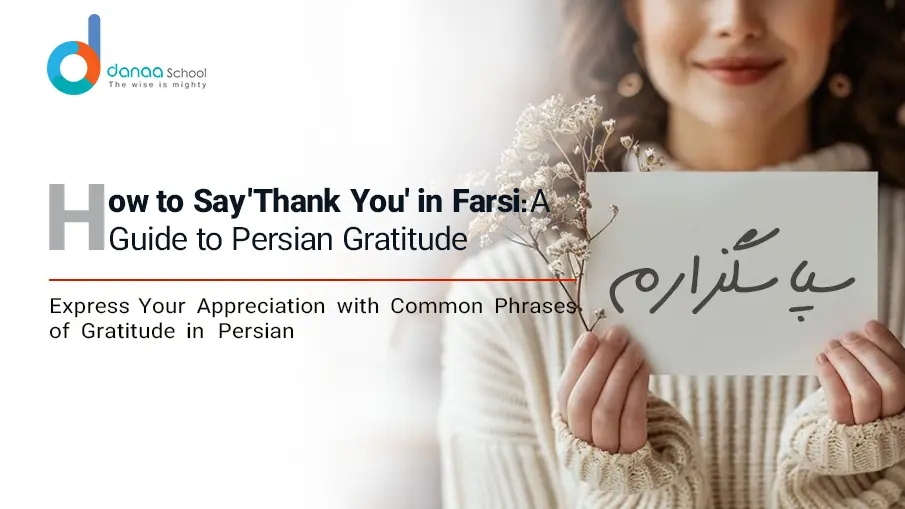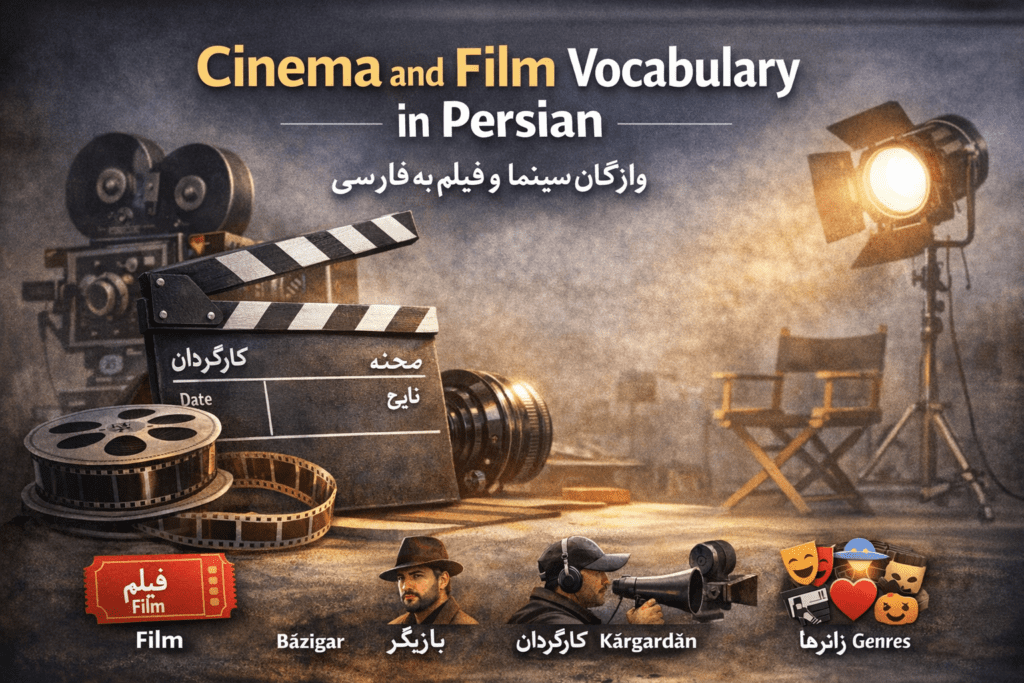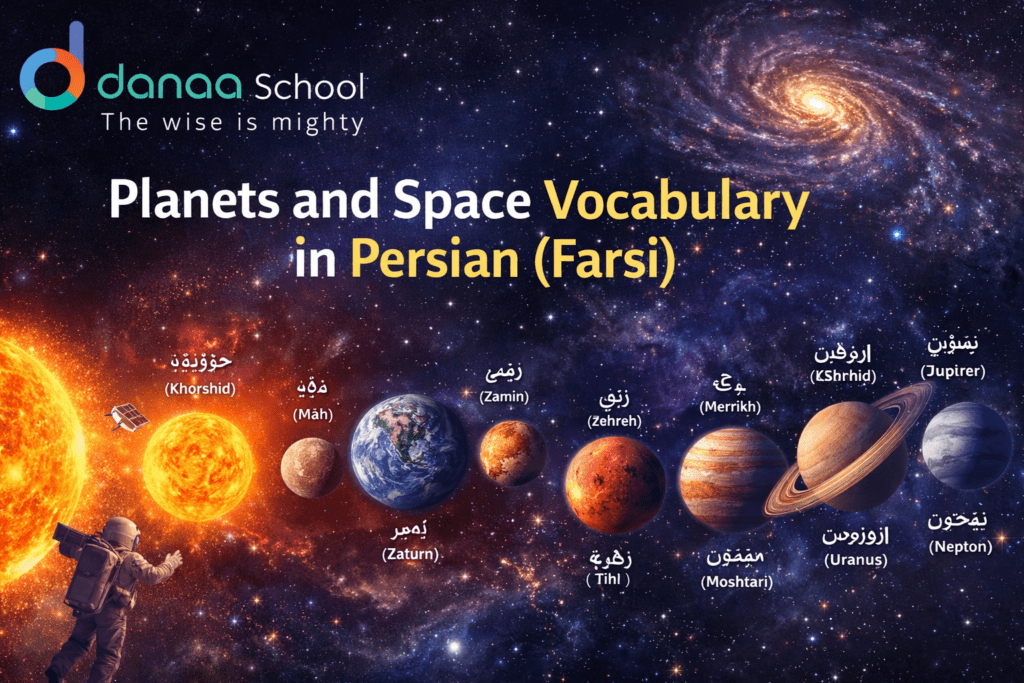How to Say Thank You in Farsi (Persian)
The most common way to say thank you in Farsi is “Mamnoon” (ممنون) or “Merci” (مرسی). In formal situations, Persians say “Moteshakeram” (متشکرم).
Below you’ll learn all the common ways to say thank you in Persian, when to use each one, and real-life examples.
Common Ways to Say Thank You in Farsi
| Farsi | Pronunciation | English Meaning |
|---|---|---|
| ممنون | Mamnoon | Thank you (casual) |
| مرسی | Merci | Thanks (very casual) |
| متشکرم | Moteshakeram | Thank you (formal) |
| تشکر میکنم | Tashakor mikonam | I give thanks (very formal) |
| دست شما درد نکنه | Dast shoma dard nakone | Thank you for your effort |
Casual Ways to Say Thank You in Persian
Mamnoon (ممنون)
Mamnoon is the most commonly used phrase for thank you in daily Persian. It works with friends, family, and casual conversations.
Merci (مرسی)
Merci comes from French but is extremely popular in Iran. It sounds friendly and informal and is widely used by all ages.
Formal Ways to Say Thank You in Farsi
Moteshakeram (متشکرم)
This is a polite and respectful way to say thank you. It’s suitable for professional settings or when speaking to elders.
Tashakor Mikonam (تشکر میکنم)
This is the most formal Persian expression of gratitude. It’s commonly used in writing, speeches, and official communication.
Thank You Expressions Used in Daily Life
Dast Shoma Dard Nakone (دست شما درد نکنه)
This phrase literally means “may your hand not hurt” and is used to thank someone for their effort or help.
Lotf Dari (لطف دارید)
Meaning “you are kind,” this phrase is often used as a polite response to compliments.
When to Use Formal vs Informal Thank You
In Persian culture, choosing the right phrase depends on:
- Your relationship with the person
- The setting (casual or professional)
- Age and social context
Using the correct form shows cultural awareness and respect.
Frequently Asked Questions
What is the most common way to say thank you in Farsi?
The most common phrase is Mamnoon (ممنون).
Is “Merci” acceptable in Persian?
Yes. Merci is widely used and fully accepted in everyday Persian.
What is the most formal Persian thank you?
Tashakor mikonam is the most formal way to say thank you in Farsi.
Learn Persian the Right Way
If you want to move beyond basic phrases and speak confidently, learn Farsi online with Danaa School and practice real Persian conversations with native teachers.
How do you say thank you in Persian?
The most formal way is tashakor mikonam (تشکر می کنم), while more casual alternatives include merci (مرسی) and dast shoma dard nakoneh (دست شما درد نکنه).
How do you say thank you in Persian Dari?
In Dari, which is spoken in Afghanistan, you can use tashakor (تشکر) or mamnoon (ممنون).
Do you say merci in Farsi?
Yes, merci (مرسی) is commonly used in informal settings in Iran, although it’s borrowed from French.
What does Tashakor mean in Farsi?
Tashakor (تشکر) means “thank you” or “thanks” in Farsi, often used in both formal and informal contexts.
What is Salamati in Farsi?
Salamati (سلامتی) means “health” and is often used as a toast, similar to “cheers” in English.
Do Persians say Mubarak?
Yes, mubarak (مبارک) is used to offer congratulations, similar to saying “congrats” in English.
Wrapping It Up
Gratitude in Persian culture goes beyond just words—it’s a reflection of respect and kindness. Whether you use tashakor mikonam, merci, or dast shoma dard nakoneh, understanding the cultural nuances behind these expressions can help you navigate Persian-speaking environments with confidence.
If you’re interested in mastering conversational Farsi, consider checking out Danaa School’s Farsi Learning course—it’s a great way to get started! Enroll now.








